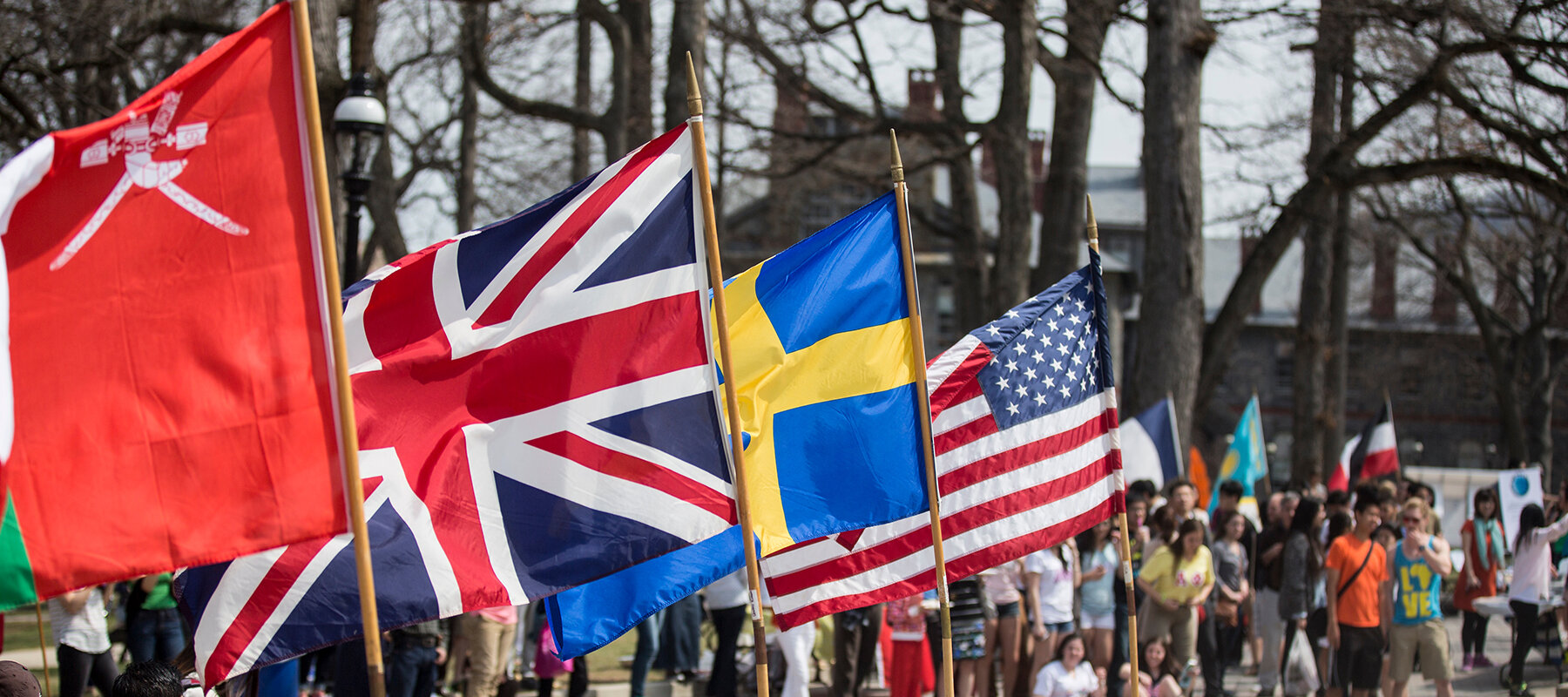In December 2020, Lehigh University hosted its first annual global citizenship education conference, titled “Responsibility, Intensity, Creativity: Global Citizenship Education and the Crises of 2020.”
The College of Education and the Office of International Affairs sponsored the virtual conference, which offered a chance to reflect on a volatile year defined by the global COVID-19 pandemic that disrupted every aspect of life. More than 150 people attended, including faculty from Lehigh and other institutions, staff from nongovernmental organizations, community leaders, international education practitioners, writers and artists.
The conference focused on themes of responsibility, intensity and creativity, with interactive sessions including workshops, interviews and discussion. Presenters and participants examined the responsibility of educators to respond to crisis and ways to intensify their work, as well as how creative modes can help document, cope, protest or engender change.
“For those working in global citizenship education, the effect of the crises of 2020 has been intensification rather than transformation,” says Angelina Rodríguez, director of global citizenship and professor of practice at Lehigh.
“After all, global citizenship efforts have always been rooted in the premises of our interconnectedness, the persistence of inequities, and the urgency to act on global issues at all levels. With increased fear of the Other, rising violence and ongoing uncertainty, the need to foster a desire to understand those unlike us and to commit to the larger good of the world is intense, indeed.”
Rodríguez joined Lehigh in 2019. She directs the university’s Global Citizenship Program, an interdisciplinary undergraduate certificate that prepares students to engage with the world. It emphasizes collaboration across disciplines, professions, and the human variety of cultural, political and other experiences, and welcomes students from any college or major.
The annual conference is part of an effort to amplify the impact and influence of Lehigh’s global citizenship initiatives and generate new opportunities for collaborative research among graduate students, faculty, and visiting experts.
“I wanted to focus on how people got creative and stayed inspired this year to keep moving forward with their work,” Rodríguez says. “What I most hoped was for everyone to find and take away something they needed – whether an inspirational thought, an experience or activity to use, exposure to a project they hadn’t heard of, or a way of connecting ideas they hadn’t previously considered together. I think we achieved this - together, the sessions wove together theory and application, social stories and personal experiences, critique and hope in unique ways, and people came up with some beautiful connections and insights in this mix.
“My second hope, related to this, was to find a way to end this terribly hard and isolating year with a sense of shared commitments and some joy, which the sessions led us to. Our final session with Philadelphia-Liberian poet Trapeta Mayson perfectly delivered us to this place as she opened up her poems and invited us to write our way to some meaning through her words and ours. We had a lot of fun with this, and it was so refreshing to end the fall semester in a deep yet playful way.”
Rodríguez says the conference opened up a creative space for collaboration. In 2021, she is looking forward to following up on the ideas and connections it generated and hosting another conference in the fall.
